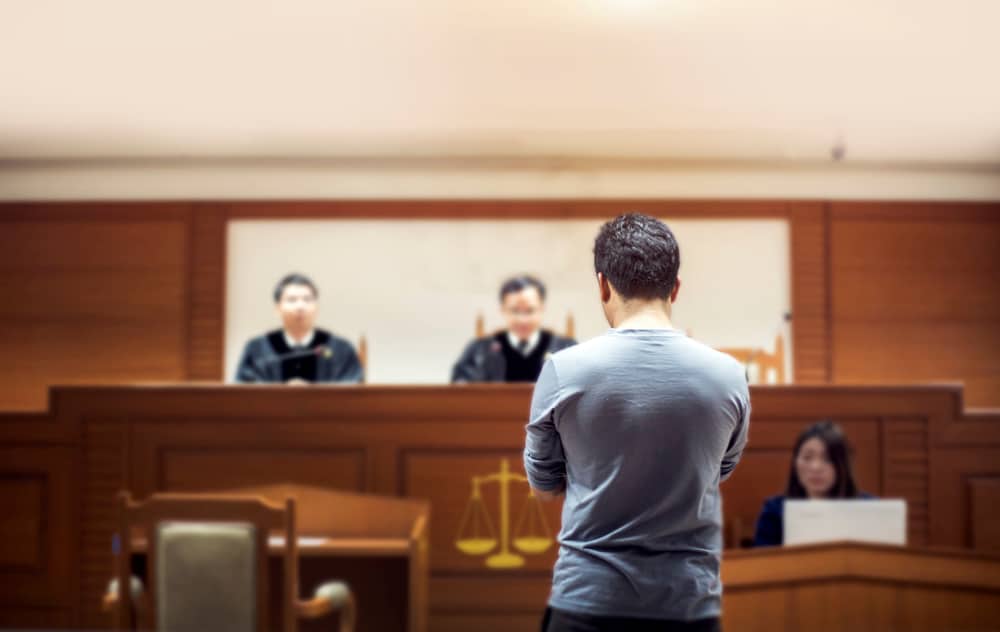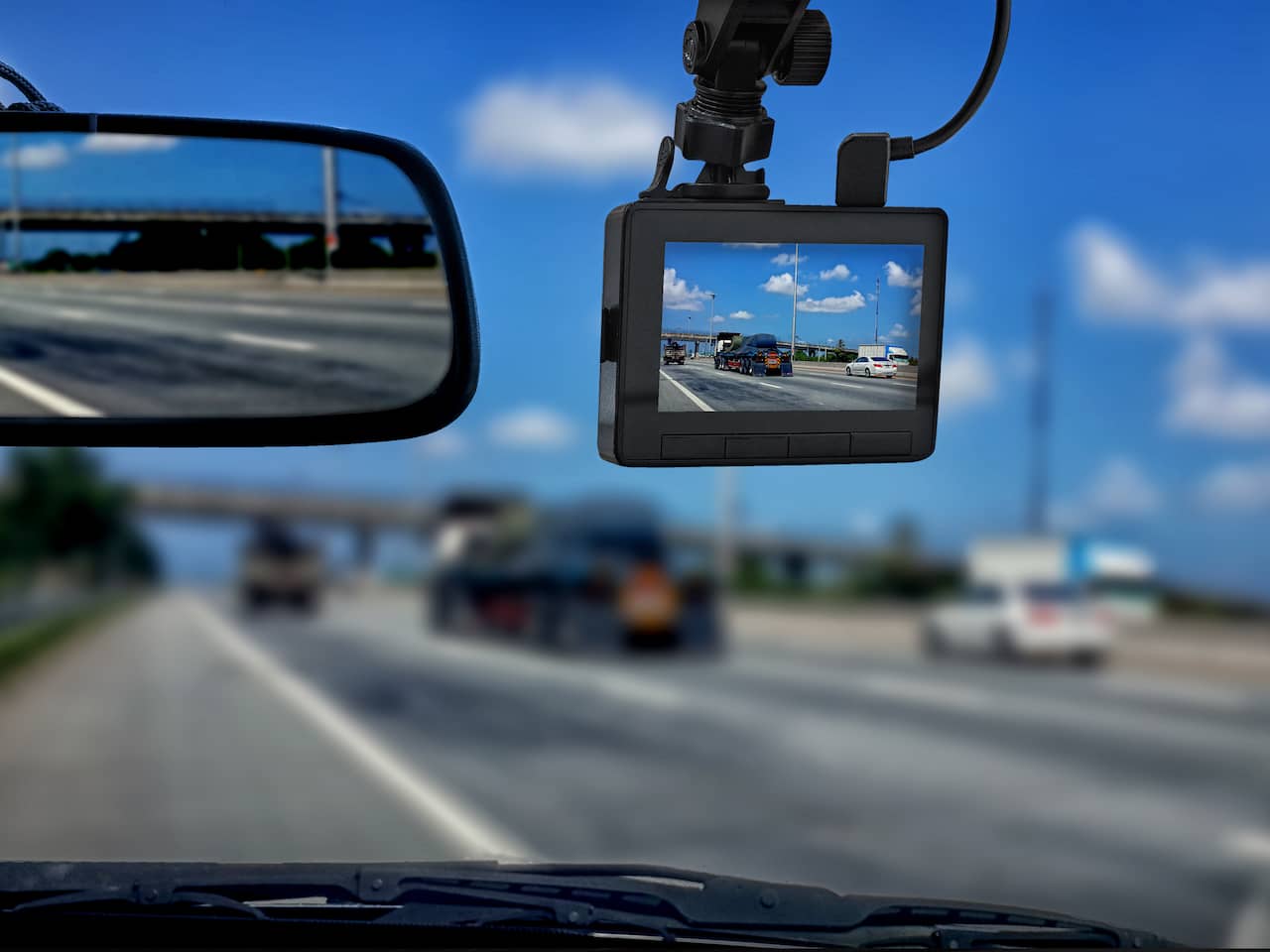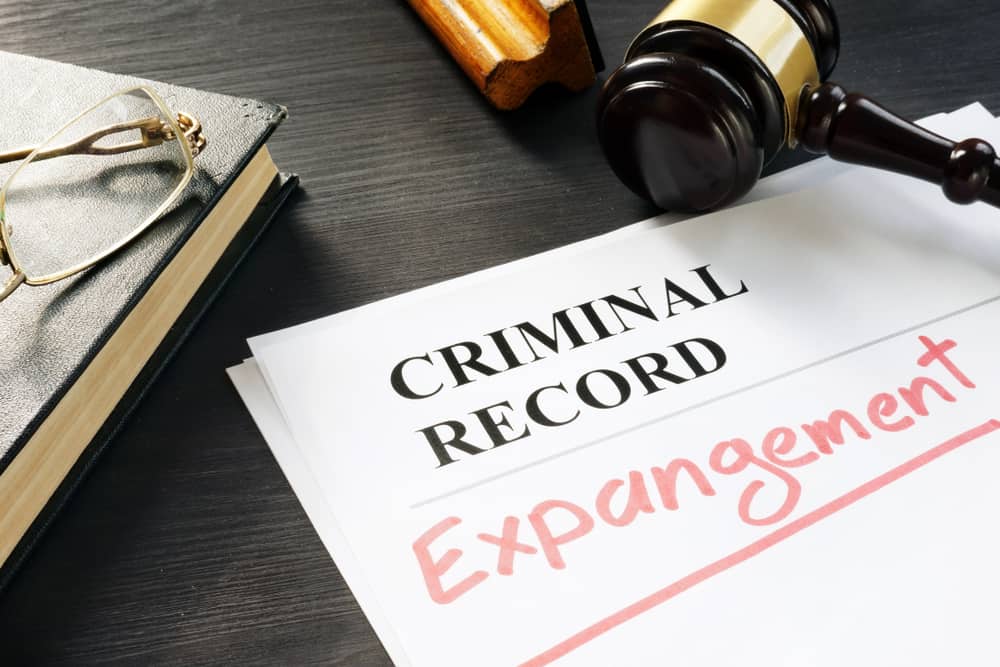If you or someone close to you is facing a DUI charge, understanding the DUI process is more than important—it’s essential. From the moment blue lights flash behind your vehicle to the final court decision, each phase of the DUI process carries serious legal, financial, and personal consequences. Unfortunately, most people don’t fully grasp what happens next, and that confusion can lead to costly mistakes.
In this guide, we’ll walk through the full DUI process, step by step, explaining what you can expect, what your rights are, and how to navigate each part of the system with confidence. Using real-life scenarios, straightforward language, and insider legal insights, this article is designed to be your go-to resource for making smart decisions when the stakes are high.
What Exactly Is the DUI Process?
The DUI process refers to the legal and administrative journey someone faces after being arrested for driving under the influence. Although laws vary by state, the overall structure tends to follow a consistent sequence, beginning with the arrest and ending with court resolutions or sentencing.
Whether it’s your first offense or a repeat charge, the DUI process doesn’t happen in a single day. It unfolds over weeks or even months, involving police officers, attorneys, judges, DMV hearings, and sometimes even rehabilitation programs. Each phase comes with options—and consequences—and the more you know, the better your chances of achieving a favorable outcome.

Step One: The DUI Stop and Initial Arrest
It usually begins with flashing lights in your rearview mirror. Maybe you were swerving, speeding, or had a taillight out. The officer suspects impairment and initiates a stop.
What Happens at the Stop?
During the stop, the officer will ask questions, look for signs of impairment, and may ask you to perform field sobriety tests. These tests include walking in a straight line, standing on one leg, or following a pen with your eyes. They’re designed to give officers observable clues about your condition.
If the officer believes there is probable cause, you may be asked to submit to a breathalyzer test. In many states, refusing this test can trigger an automatic license suspension—even before you’re found guilty of anything. Once the officer gathers enough evidence, they will arrest you, read your rights, and transport you to a local jail or processing center.
Real-World Scenario:
Lisa, a nurse in her early 30s, was pulled over after leaving a birthday dinner. Although she felt sober, she failed the eye-tracking test. The breathalyzer showed a BAC of 0.09—just over the legal limit. She was arrested and taken to the station, where she felt confused and overwhelmed. That moment marked the beginning of her journey through the DUI process.
Step Two: Booking, Bail, and Release
After the arrest, the next stage in the DUI process involves booking. This step includes fingerprinting, mugshots, inventory of your personal items, and placing you in a holding cell.
You may spend a few hours—or overnight—in jail. In most cases, you’ll be released on bail or on your own recognizance. Bail amounts depend on whether it’s your first offense and if there were any aggravating factors like an accident or high BAC.
Important Tip: This is a critical time to call a DUI attorney. Many people assume it’s too early to get legal help—but the sooner you involve a lawyer, the more options you have later in the process.
Step Three: DMV Hearing (Administrative Process)
What many people don’t realize is that a DUI charge launches two separate legal proceedings: one criminal and one administrative. TheDMV hearing deals specifically with your driver’s license.
What Happens During a DMV Hearing?
In most states, you must request a hearing within 7 to 15 days of your arrest to avoid an automatic suspension. The hearing reviews:
- Whether the officer had probable cause
- If you were lawfully arrested
- Whether you refused or failed a chemical test
This hearing is not about your guilt or innocence in court it’s about your right to drive. A knowledgeable attorney can often contest this suspension or negotiate for a restricted license.

Step Four: Arraignment and Plea
Next comes your arraignment, the formal court proceeding where you’re read the charges against you. Here’s where you’ll enter a plea—guilty, not guilty, or no contest.
Should You Plead Guilty?
Not yet. Even if you think the case is stacked against you, entering a guilty plea too early cuts off your opportunity to challenge evidence or reduce penalties. This is why having a lawyer who knows the DUI process is vital. They can assess the police report, lab results, and breathalyzer calibration records for weaknesses.
Pro Tip: Always review the prosecutor’s evidence with your attorney before making a plea decision. You might have more defenses than you think.
Step Five: Pre-Trial Motions and Discovery
Now, things start to feel more like a legal chess game. Your attorney will file motions, such as:
- Motion to suppress evidence if rights were violated
- Motion to dismiss due to lack of probable cause
- Motion for discovery to obtain all reports, footage, and lab data
This part of the DUI process is about weakening the state’s case before it reaches trial. Many DUI cases are dismissed or pled down during this stage if the defense is aggressive and strategic.
Real-World Scenario:
Jason, a sales executive, was arrested for DUI after a holiday party. His attorney discovered that the arresting officer failed to record the field sobriety test. Without this footage, the prosecution had weak support. The case was dropped during pre-trial negotiations.
Step Six: Trial (If It Gets That Far)
While most DUI cases never go to trial, some do—especially if you’re trying to avoid a conviction at all costs. Trials can be jury or bench (judge-only), and both sides will present evidence, question witnesses, and argue the case.
The prosecution will rely on:
- Police testimony
- Lab results (BAC, blood test, etc.)
- Dashcam or bodycam footage

Your defense might focus on:
- Challenging test reliability
- Highlighting constitutional violations
- Showing alternative explanations for behavior (medical conditions, fatigue, etc.)
The judge or jury then decides your guilt, and if convicted, you move into the sentencing phase.
Step Seven: Sentencing and Penalties
If you’re found guilty—or plead guilty—you’ll face sentencing. Penalties vary based on the state, the severity of your offense, and whether it’s your first DUI. The judge also takes into account your BAC level, whether you cooperated with law enforcement, and whether anyone was harmed.
Typical penalties include:
- Fines ranging from $500 to $5,000+
- Jail time (from a few days to several years)
- Probation
- Community service
- Alcohol education classes
- License suspension or revocation
- Ignition interlock device installation
Some states also impose mandatory minimum sentences for second and third offenses. And if your DUI caused injury or death, felony charges come into play, bringing much harsher consequences. These harsher penalties often include extended incarceration, mandatory rehabilitation, and permanent license revocation.
Important Note: The DUI process doesn’t end with sentencing. Many people are still affected years later through insurance hikes, job restrictions, and loss of professional licenses. These long-term effects can quietly derail careers and limit housing or loan options.
Step Eight: Probation, Appeals, and Record Expungement
After sentencing, you may serve time on probation. This comes with strict rules miss a meeting, fail a test, or get arrested again, and you could end up back in court or jail. Courts take probation violations seriously, often issuing warrants or imposing additional jail time.
In some cases, your attorney may recommend filing an appeal, especially if your rights were violated or the evidence was weak. Appeals must be filed within a tight timeframe, so swift legal action is crucial.
Once you’ve completed all court requirements, you might be eligible for expungement or record sealing. This is a crucial step for restoring job opportunities and clearing your name. But it’s only available in certain states and typically only for first-time offenders. A clean record can significantly improve your future by making background checks less of a barrier.

Common Mistakes People Make During the DUI Process
Navigating the DUI process is stressful. Many people make decisions out of fear or misinformation. Here are a few of the most common missteps:
- Failing to request a DMV hearing in time
- Speaking to police without an attorney present
- Pleading guilty without reviewing the evidence
- Hiring an attorney with no DUI experience
- Ignoring court deadlines and paperwork
- Assuming the charge will go away or be forgotten
Each of these errors can escalate the consequences. But with the right legal support, many of them are avoidable.
Final Thoughts: Take Control of the DUI Process
Understanding the DUI process gives you power—power to make informed decisions, ask the right questions, and protect your rights. From the initial stop to your final court appearance, every step matters. It’s not just about staying out of jail. It’s about protecting your record, career, license, and reputation.
Whether you’re facing charges yourself or helping a loved one navigate the system, use this guide as your starting point. Knowledge, preparation, and good legal representation can turn a scary situation into a manageable one—and maybe even a beatable one.


